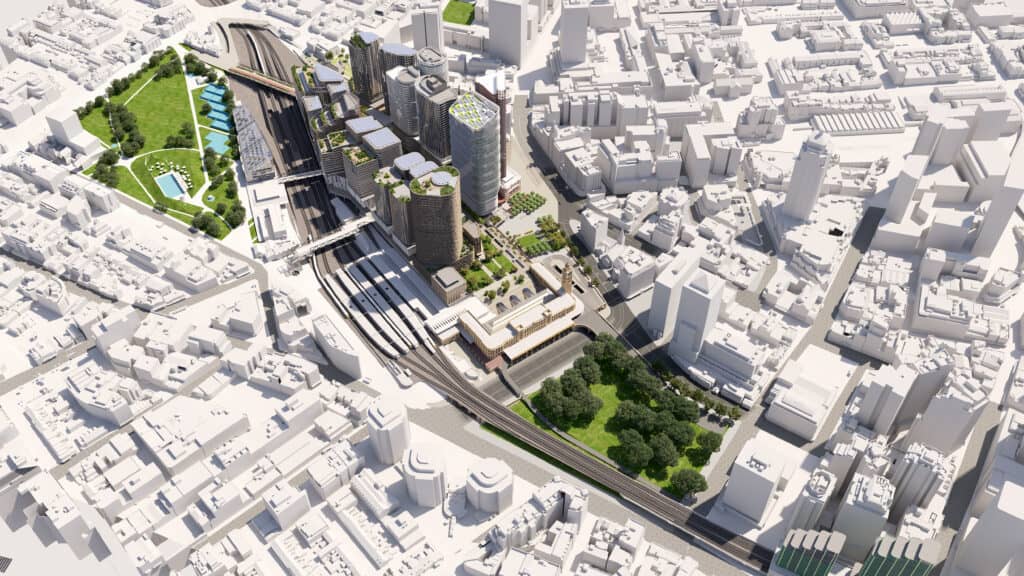Transport for NSW (TfNSW) has released its Future Transport Strategy, which has a strong focus on placemaking, connectivity and ensuring that transport enhances amenity, liveability and economic success for communities.

The priorities set out in the new strategy align closely with the policy themes set out in RA’s Strategic Plan 2022 – 2024, and pick up area’s highlighted in the submission RA made to TfNSW to support the strategy’s development.
These include a need for enhanced data analysis to support decision making, the importance of well-managed place-making, regional transport improvements, shifting trip choice to active and public transport, decarbonisation (in areas such as freight), road user and congestion pricing and the circular economy/recycling. RA’s submission also highlighted new opportunities in areas such as adopting digital approaches to asset management, infrastructure sharing and first and last trip connections.
The Future Transport Strategy notes that TfNSW will embed intelligent sensors and digital systems to improve the real-time management, efficiency and reliability of its networks; prioritise public transport and freight vehicles; and ensure roads are ready for Connected and Automated Vehicles (CAVs). It will also investigate ‘no-build’ digital options before building new infrastructure, instigate behaviour change programs to reduce demand in peak periods and provide options for travel.
RA’s submission also raised the challenging area of reforms for funding future networks and operations, expressing support for the introduction of a fair and nationally consistent road user charge. RA’s submission emphasised that a direct connection between the use of an asset and the fee to use it so that customers can make informed financial and environmental decisions about their choice of trip mode.
In its new strategy TfNSW acknowledged that there is an opportunity to reduce congestion and improve travel choices by exploring charges that are clearer, fairer, more efficient and more sustainable.